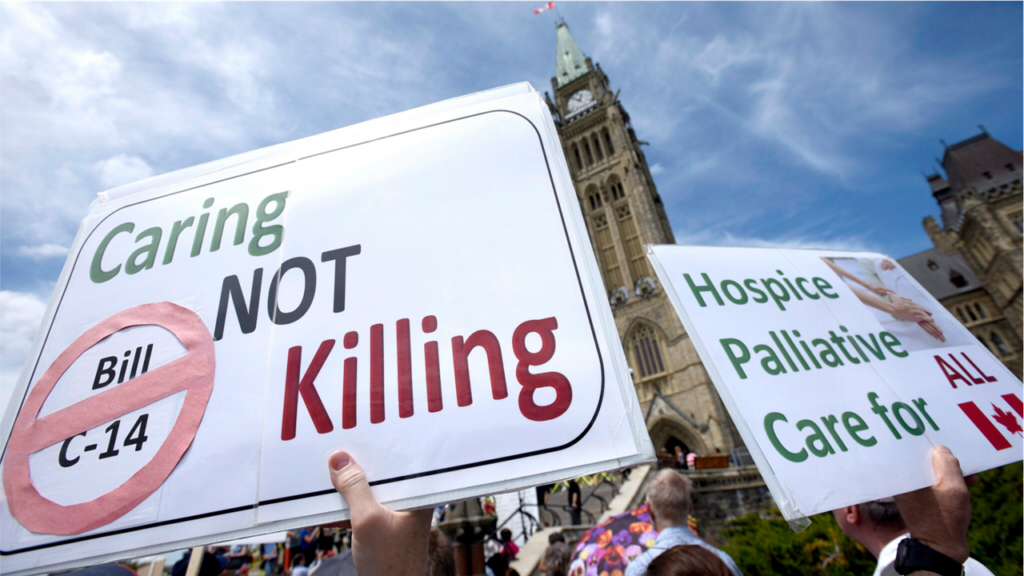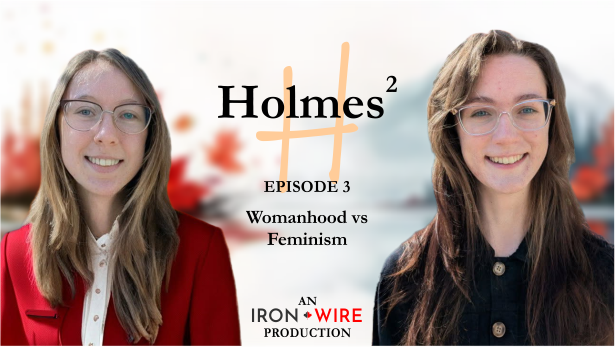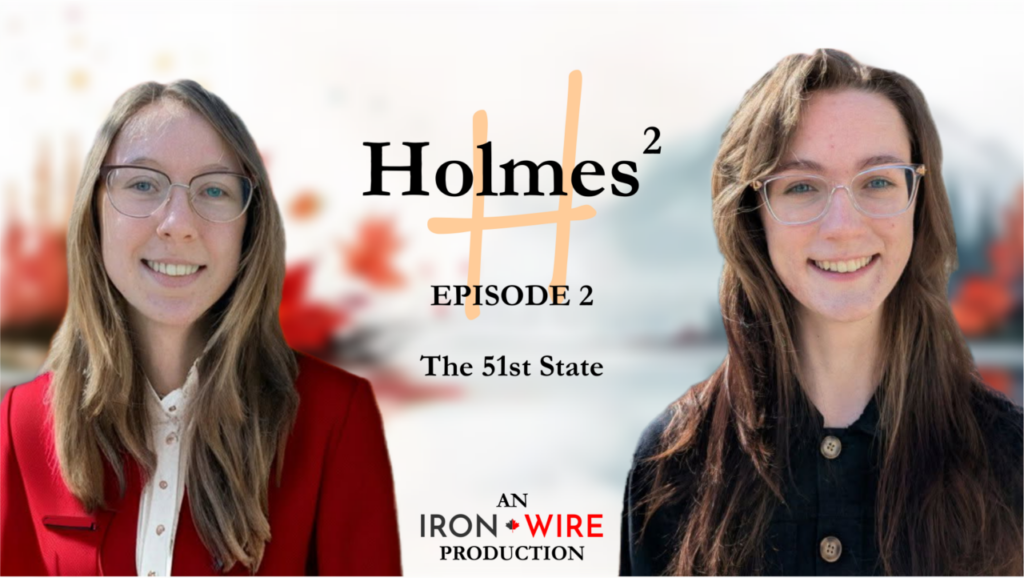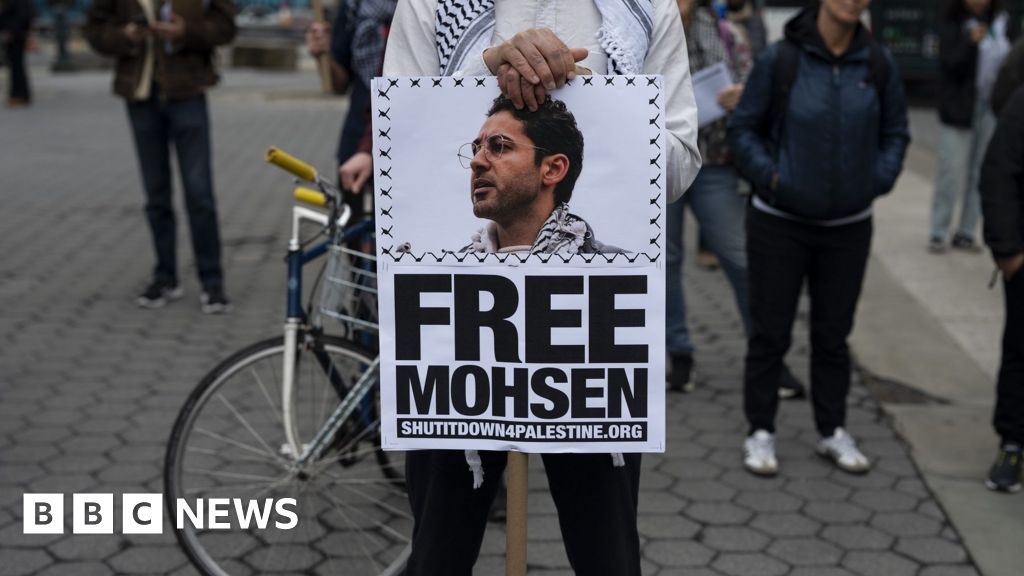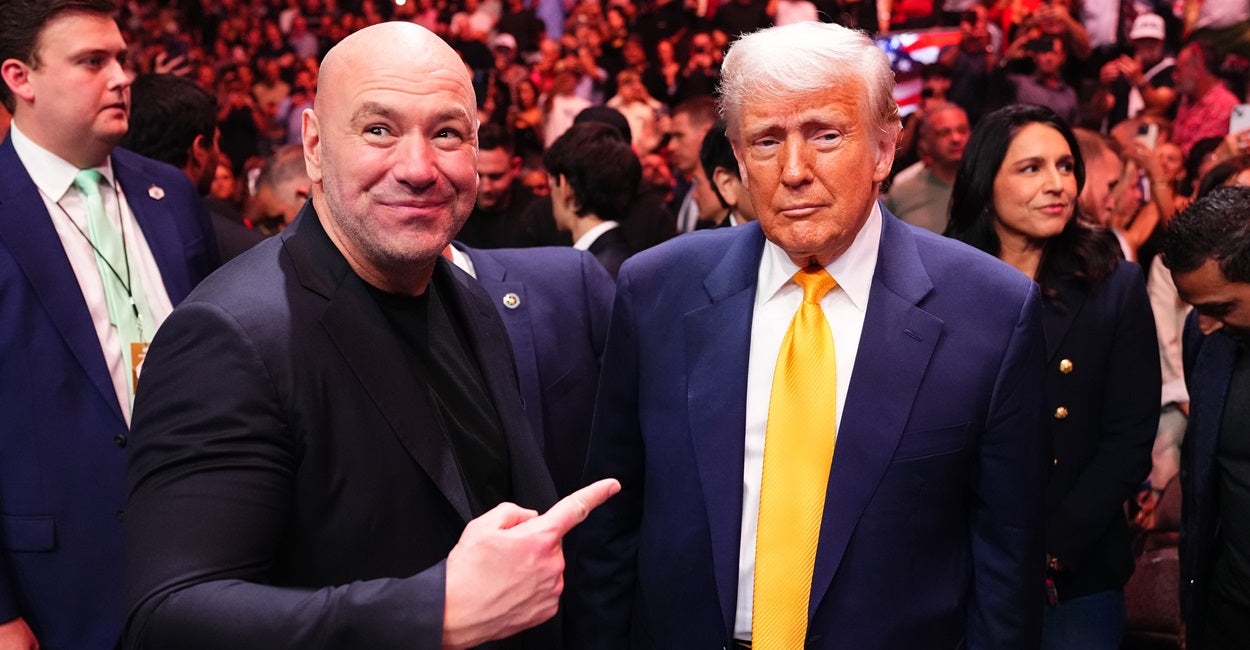Why Would Anyone Fight for Britain? – The Daily Sceptic
Sir Keir Starmer’s commitment to increase the UK’s defence spending to 2.5% of national income by 2027 is a small but welcome step in the right direction. As the United States withdraws from its historic post-war role as world policeman and guarantor of European security, the UK and its European and Western allies must pick up the slack.
However, his accompanying pledge to boost the number of military personnel via, inter alia, the doubling of the British Army’s recruitment budget to £17.2 million is not nearly enough to offset the great reluctance of the UK’s young men and women to fight for their country. In April 2024 the army fell below its recruitment target for the first time.
Lord Hammond – former Chancellor of the Exchequer and Defence Secretary from 2011 to 2014 – attested to the current crisis in a recent podcast published by the investment bank Peel Hunt. “There is no point spending lots of money on defence equipment if you haven’t got any men to press the buttons, and we are unable to recruit even to the rather paltry scale army that we currently have”, he said. The current Armed Forces Minister Luke Pollard agrees, even if he predictably blames the last government, of which Lord Hammond was a long-serving member. “We inherited a retention and recruitment crisis,” he says, with little acknowledgement of the research and deep thinking required to understand the variables responsible.
Recent polls also bear witness to the unwillingness of our nation’s youth not only to fight for their country, but to defend it from invasion. According to an UnHerd poll to mark 80 years since D-Day, published last year, only 29% of 18-24 year-olds said they would defend Britain in the event of an invasion. In addition, just 21% of parents would want their children to fight in such circumstances – 67% would urge them not to get involved. Moreover, in a YouGov and Public First survey for the Times, published in February this year, only 11% of Generation Z, aged 18-27, said they would fight for Britain; 41% said there were no circumstances in which they would take up arms for their country.
These are indeed sobering statistics. The recruitment crisis expressed by Lord Hammond and Luke Pollard is being fuelled by the profound reluctance of our young men and women to join the military and fight for their country. Until the Government finds out why and addresses the factors responsible, the recruitment crisis will persist, and with it, the nation’s extant and growing vulnerability to attack.
The reasons are myriad and complex, but not impossible to discern. For example, our young people do not want to defend what they despise. In the same survey cited above, half of Generation Z believe Britain is racist and only four in 10 say they are proud to be British. This shows that the age group most likely to provide new recruits is predominantly unpatriotic and, with patriotism being a precondition for anyone’s decision to sign up, its members are therefore unwilling to fight for King and Country.
But where does this lack of patriotism come from? Well, as a secondary school teacher for over 20 years, I have watched in horror as my colleagues design curricula that can only be described as self-loathing, anti-British, ahistorical agitprop. Our universities are well-documented hives of post-colonial, post-modernist propaganda, brainwashing graduates before sending them out as missionaries to spread the sacred word of “Woke”. And let’s not forget our cultural elites in the arts and media, as well as our politicians. They have pushed every banal left-wing shibboleth on an exhausted and suffocated public for years. From our schools to our universities, our televisions to our newspapers, and our politicians to our footballers, the British people have been force-fed a diet that – implicitly and often explicitly – accuses them of racism, sexism, transgenderism, ableism, Islamophobia, homophobia, and xenophobia. No wonder our young people are demoralised. No wonder they feel little loyalty for their native country. No wonder they view the country as divided – only 15% of young adults see the UK as united, down from 60% in 2004.
The British state has also demonised and discriminated against white men, the Armed Forces’ most important demographic. A recruitment crisis is therefore no surprise. According to the UK Armed Forces Biannual Diversity Statistics for April 2024, ethnic minorities only accounted for 11.2% of the UK Regular Forces and 6.4% of the Future Reserves; women accounted for 11.7% of the UK Regular Forces and 15.9% of the Future Reserves. So, clearly, white men make up by far the largest proportion of armed services’ personnel.
Yet they are the victims of discrimination. In the summer of 2023, for example, a non-statutory inquiry commissioned by Air Chief Marshal Mike Wigston concluded that the Royal Air Force unlawfully discriminated against white men in a recruitment campaign aimed at boosting diversity. The inquiry was launched after Group Captain Lizzy Nicholl was forced to resign because she refused to implement an order to fast-track ethnic minority and female recruits at the expense of white men in 2020 and 2021. In one indicative email, white men seeking a career in the RAF were described as “useless white male pilots”.
Furthermore, a recent army recruitment video featured a Muslim man praying, a totem of the multicultural paradigm that views white men as toxic, Britishness as problematic, and our inherited Christian culture as both antiquated and redundant. Under such intense and sustained persecution, why would any white man wish to join the British Army? Clearly many are voting with their feet.
They aren’t just the victims of discrimination in the military, either. Just this week we’ve seen West Yorkshire Police block applications from white British recruits to its entry programmes in a bid to “boost diversity”. Last week, moreover, at the nth hour, we witnessed the Sentencing Council reluctantly suspend plans to privilege ethnic and religious minorities within the criminal justice system. The pervasiveness of anti-white discrimination is clear and, dare I say it, becoming institutionalised, leading to a visceral sense of betrayal among white British men – particularly working-class white British men – who are the backbone of our Armed Forces.
To add insult to injury, our returning heroes are often treated with shabby disregard and conspicuous ingratitude by the state they are deployed to protect. British veterans are doggedly pursued by the courts, in some cases for alleged crimes committed over 50 years ago. In March, a former British soldier came before a court accused of the murder of Patrick McVeigh in May 1972. Another defendant is currently awaiting trial accused of two murders on Bloody Sunday in Londonderry in January 1972. In contrast, former IRA terrorists have sat in the Northern Ireland Assembly and shaken the hand of the late Queen. The current Attorney General Lord Hermer KC has even represented former Sinn Fein leader Gerry Adams in a legal case. That veterans would see these instances as acts of betrayal is an understatement. That future recruits aren’t aware of at least a whiff of them is both condescending and naïve. If the British state wants a strong military manned by committed, patriotic troops, eager recruits proud to serve their country, it needs to treat its veterans with respect and gratitude, and its enemies with caution.
Sir Keir Starmer can raise defence spending, he can even increase the recruitment budget, but the crisis will persist unless he addresses the root causes. The state’s indifferent, if not contemptuous, attitude to national pride and patriotic sentiment has manifested itself in the nation’s youth which, consequently, anathematises the very idea of defending one’s country. It has also led to an assault upon the indigenous white British, both inside and outside the defence establishment, and alienated the military’s most important constituency. Finally, the same unpatriotic disdain leads to the state persecuting its heroes and defending its villains. This raises the question: under such circumstances, why would anyone fight for Britain?
Joe Baron is the pseudonym of a history teacher at a London secondary school.

